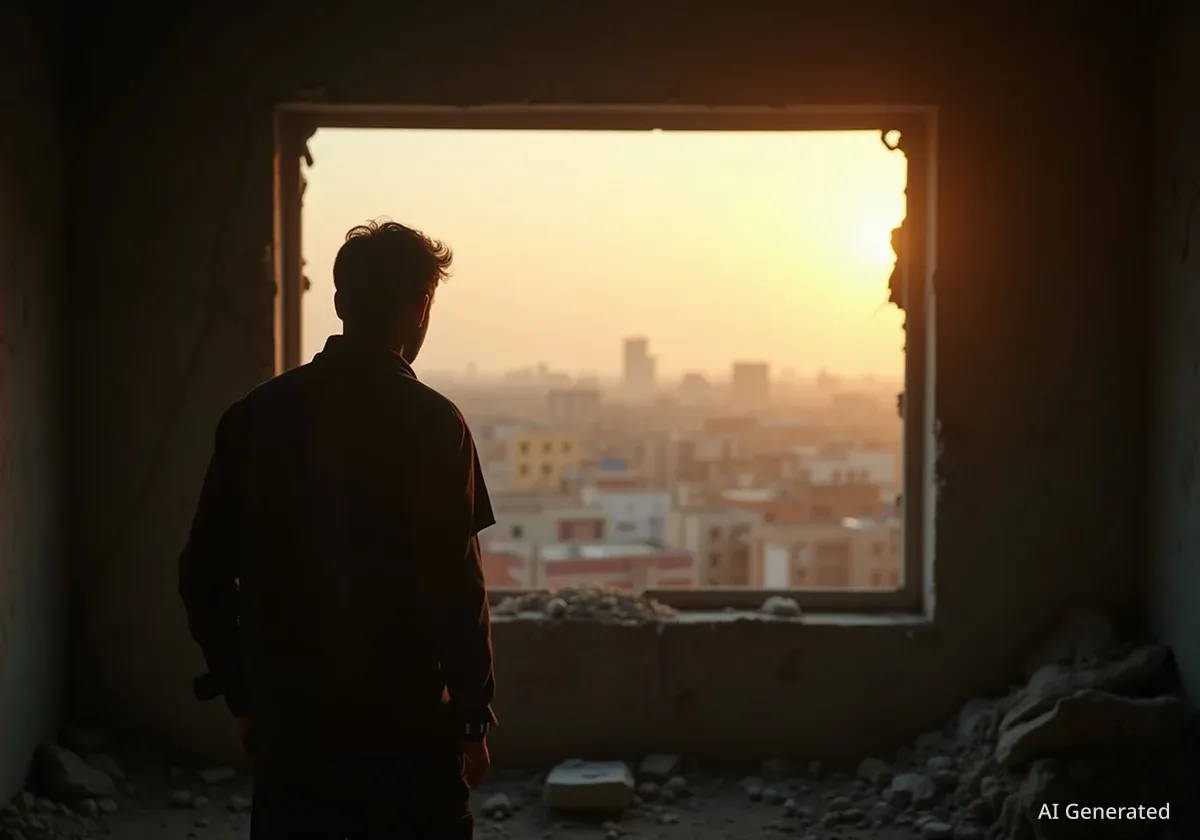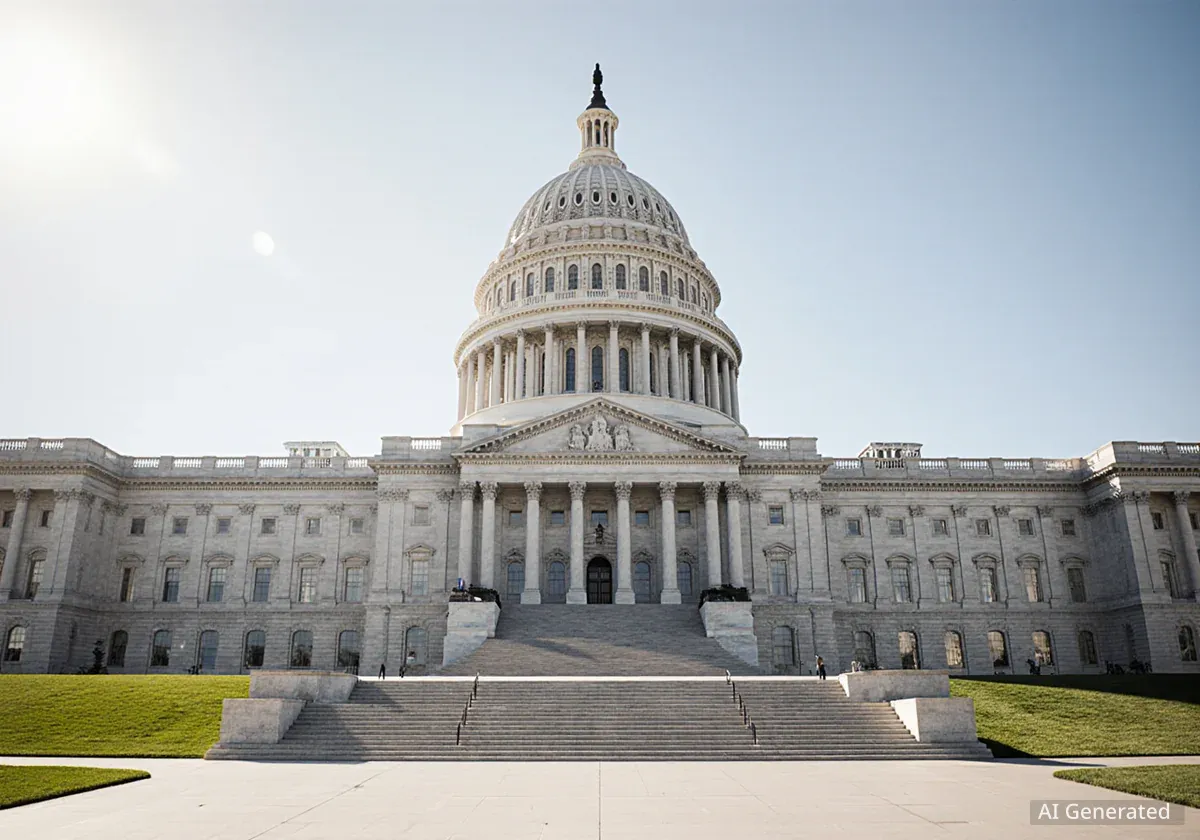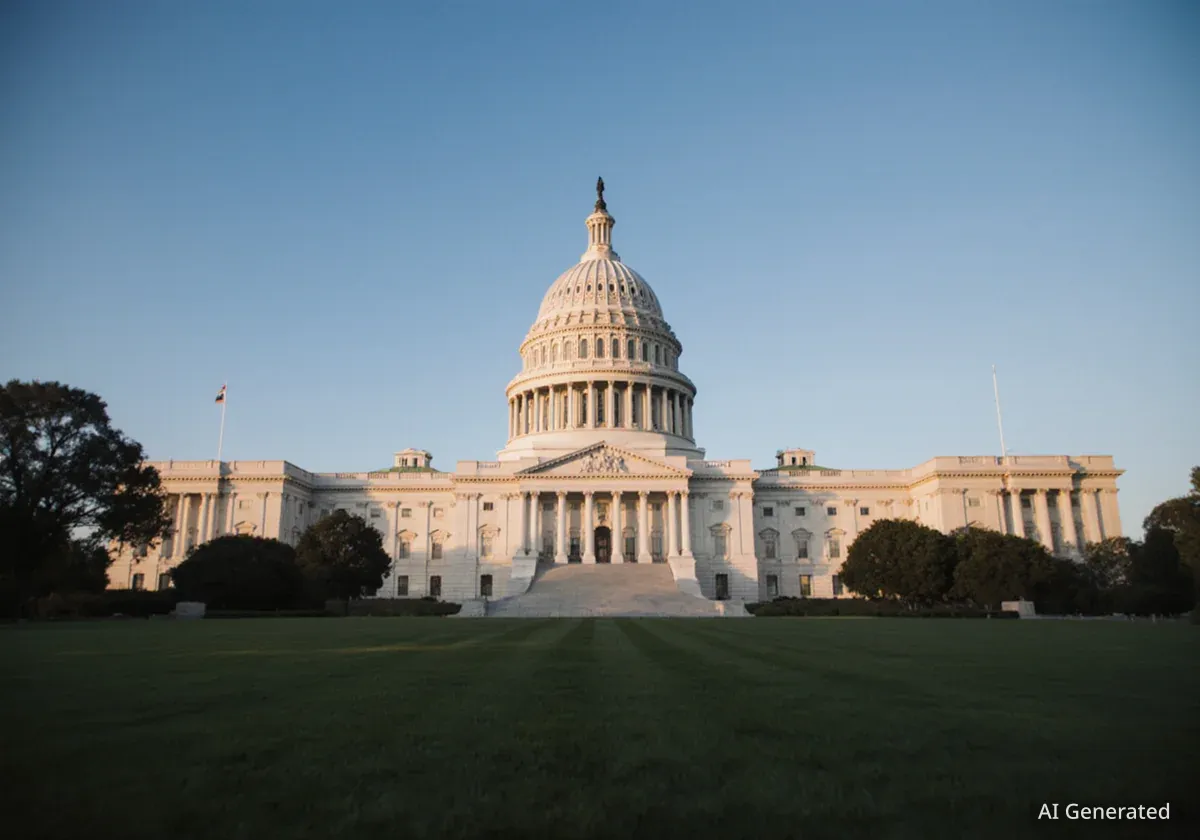Tensions across the Middle East continue to escalate as the conflict in Gaza fuels wider regional instability. Recent developments include controversial post-war proposals for Gaza, increased Israeli operations in the West Bank, and significant economic and social pressures affecting neighboring countries. International responses remain divided, with official diplomatic support for Israel contrasting with growing civil society activism aimed at aiding Palestinians.
Key Takeaways
- Israeli officials have proposed controversial post-war development plans for Gaza, drawing criticism amid the ongoing humanitarian crisis.
- Military operations and restrictions are intensifying in the West Bank, particularly around the city of Tulkarem.
- The conflict is contributing to economic instability in the region, including a downturn in the Israeli stock market.
- International actors are responding in varied ways, from U.S. political support for Israel to civilian-led aid flotillas attempting to reach Gaza.
- Internal social and political pressures are mounting in nearby nations, including Iran and Jordan, linked to regional dynamics.
Developments in Gaza and the West Bank
The situation in Palestinian territories remains a primary focus of the regional conflict. In Gaza, discussions about the future of the territory have included controversial ideas. One such proposal, referred to as the 'Gaza Riviera' plan, suggests a gentrification of the coastline, a concept that has been heavily criticized as tone-deaf while a humanitarian crisis persists.
Adding to the controversy, Israeli Finance Minister Bezalel Smotrich recently made public comments referring to a potential "real estate bonanza" in Gaza. These remarks emerged at a time when Israel's own economy is showing signs of strain, with reports of its stock market experiencing a significant tumble. The comments have drawn condemnation for seeming to disregard the devastating human cost of the conflict.
Context: Economic Impact
The ongoing conflict has placed considerable pressure on Israel's economy. Increased military spending, a decline in tourism, and labor shortages caused by the call-up of reservists have contributed to market volatility and concerns about long-term economic stability.
Increased Pressure on West Bank Communities
In the West Bank, Israeli forces have been tightening their control over key areas. The city of Tulkarem, in particular, has faced what residents and observers describe as a siege. This involves intensified military presence, movement restrictions, and frequent raids, severely impacting daily life for its inhabitants.
Further escalating tensions, Israel's National Security Minister, Itamar Ben-Gvir, reportedly conducted a provocative search of the prison cell of Marwan Barghouti. Barghouti is a prominent and widely supported Palestinian political figure who has been imprisoned by Israel since 2002. This action is seen by many Palestinians as a deliberate provocation against a symbol of their national movement.
"Actions against high-profile figures like Marwan Barghouti are often interpreted as attempts to undermine Palestinian leadership and morale," noted a regional political analyst.
Regional and International Reactions
The conflict's effects are not contained within Israel and the Palestinian territories. Human Rights Watch (HRW) has released a report accusing Israeli forces of displacing residents in southern Syria, near the contested Golan Heights region. This accusation points to the widening geographic scope of military actions connected to the central conflict.
Meanwhile, international political alignment remains complex. U.S. Senator Marco Rubio visited Jerusalem, where he reaffirmed his strong pro-Israel stance. This visit underscores the continued diplomatic and political support Israel receives from key allies in the United States, even as global public opinion becomes more critical.
Fact: The Gaza Flotilla Movement
Civilian-led efforts to break the blockade on Gaza are not new. The Freedom Flotilla Coalition has organized multiple maritime missions over the years to deliver aid and raise awareness. A recent effort aims to reclaim the Mediterranean Sea as a route for humanitarian assistance, directly challenging the naval blockade.
Civilian Activism and Media Landscape
In contrast to official government positions, a new humanitarian flotilla is being organized by activists. The initiative aims to sail to Gaza to deliver essential aid, portraying the mission as an act of "reclaiming the Mediterranean Sea" for humanitarian purposes. This represents a direct challenge to the naval blockade imposed on the Gaza Strip.
The media's role in shaping perceptions of the conflict is also under scrutiny. The departure of a BBC journalist, who hinted at disagreements over the network's coverage in a public statement about their last day, has highlighted the challenges and internal debates within news organizations reporting on the region.
Internal Pressures in Neighboring Countries
The regional turmoil is exacerbating internal challenges in neighboring nations. In Iran, the government continues to navigate a difficult path between public demands for reform and the hardline establishment's push for repression. The broader Middle Eastern instability adds another layer of complexity to Iran's domestic and foreign policy decisions.
In Jordan, economic reforms are having a direct social impact. Recent changes to the country's pension system have reportedly left many elderly widows in poverty, sparking public discontent. This domestic issue is amplified by the strain of regional events and the economic challenges they present to Jordan, a country with a large Palestinian population and deep ties to the West Bank.
Cultural and Social Dimensions
Beyond politics and conflict, there is a growing movement to engage with the region's cultural output. Activists and literary groups are promoting lists of must-read books by Palestinian authors as a means of understanding the human experience behind the headlines. This cultural push aims to provide deeper context and perspective that is often missing from news reports.
European Policy Debates
In Europe, policies affecting Muslim communities are also part of the wider conversation. Austria's implementation of a hijab ban in certain contexts has been cited by critics as a policy that disproportionately targets and punishes Muslim women, reflecting broader societal tensions in the West regarding multiculturalism and religious expression.
As the situation evolves, the interconnectedness of these political, economic, and social issues becomes increasingly clear. From military actions in Gaza and the West Bank to economic struggles in Jordan and political maneuvering in Iran, the entire Middle East is navigating a period of profound uncertainty and change.





